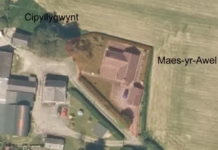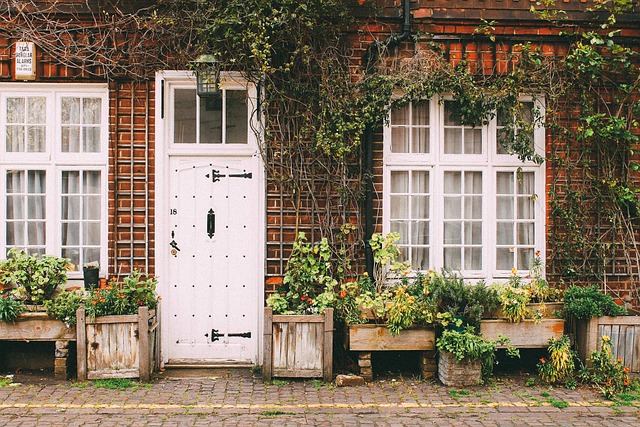We are all becoming much more aware of our environment and changing aspects of our lives to help ensure that we are much more environmentally conscious. You can do many things at home to live a greener life and reduce your impact on the environment and the CO2 we put into the atmosphere, such as being more self-sufficient. If you are considering making changes in your life to become more self-sustaining but do not know where to start, you can see some tips and advice below to help you get started and start living a greener lifestyle.
Reduce, Reuse, & Recycle
Our consumer-based society means that much waste often gets put into a landfill, and this is an excellent place to start on your journey to self-sufficiency. The premise is as follows:
Reduce: We want to reduce our consumption of products and items that are challenging to recycle, which helps avoid sending so much to landfills. Avoid buying products with lots of plastic packaging, and if you do not really need it, do not buy it!
Reuse: Another way to reduce the amount of waste sent to landfills is to reuse items instead of throwing them away. Many items, such as glass and plastic bottles, can be reused, and takeaway containers can be saved and used in your garden.
Recycle: You also want to separate and recycle your rubbish wherever possible. You can separate the glass, plastics, and paper in your rubbish that can all be recycled, and you can click here for tips to help with this.
Grow Fruit & Vegetables
The food packaging we get from supermarkets is a massive contributor to the waste we generate as a species, so one way to reduce this is by growing food yourself. You can transform part of your garden so you can grow vegetables, such as:
- Peas
- Carrots
- Tomatoes
- Potatoes
- Lettuce
- Cucumber
- Cabbage
There are many types of vegetables that you can grow in your garden, and you can also consider getting fruit and nut trees from Trees Direct that are simple to maintain. Not only will you save money on the cost of your grocery shopping, but you will also significantly reduce your carbon footprint as the food you consume will not have to travel far to your table. You can also ensure that your food is not contaminated with pesticides and other chemicals, which allows you to control better what you and your family consume. You can also get a greenhouse in your garden, enabling you to grow food throughout the year.
Insulate Your Home
If you are living in an older type of home, improving its insulation can also help you reduce your carbon footprint and the amount of energy you use to heat it. A good place to start is in the attic of your home, which can help prevent warm air from escaping and make your home feel much warmer. If there are cavities in your walls, you can also improve the heat retention in your home by adding cavity wall insulation, which can help keep the temperature comfortable throughout the year. Ensuring that your home is adequately insulated will help make it more comfortable and save significantly on your heating costs.
Consider Alternative Energies
You can also consider alternative energies to help reduce your carbon footprint and make you and your family more self-sufficient. A popular way of doing this is installing solar panels on your property, which can provide your home with electricity. If your home’s roof has a large area, you might be able to install enough solar panels to cover all your power requirements, and having a bank of batteries means you can also have free electricity when it is dark. You can also consider installing a wind turbine in your garden to generate electricity, but these can be noisy depending on their size.
Collect Rainwater
Another option that goes well with growing your fruit and vegetables at home is collecting rainwater and using it to water your garden or clean the exterior of your property. You can do this easily by installing water butts to your guttering, so all the water that hits the roof of your property will drain onto a water butt. It will give you ample water to use in your garden, clean your home, and help you save money on water bills.
These are a few options you can consider that can help you become more self-sufficient and reduce your environmental impact, but there are also other things you can do. Start small and gradually make changes to your lifestyle and home, and it can have a significant impact on your carbon footprint and sufficiency. If everyone does this, the world will be a much better place, and we can help preserve it for generations to come.

| [donate]
| Help keep news FREE for our readersSupporting your local community newspaper/online news outlet is crucial now more than ever. If you believe in independent journalism,then consider making a valuable contribution by making a one-time or monthly donation. We operate in rural areas where providing unbiased news can be challenging. |



















